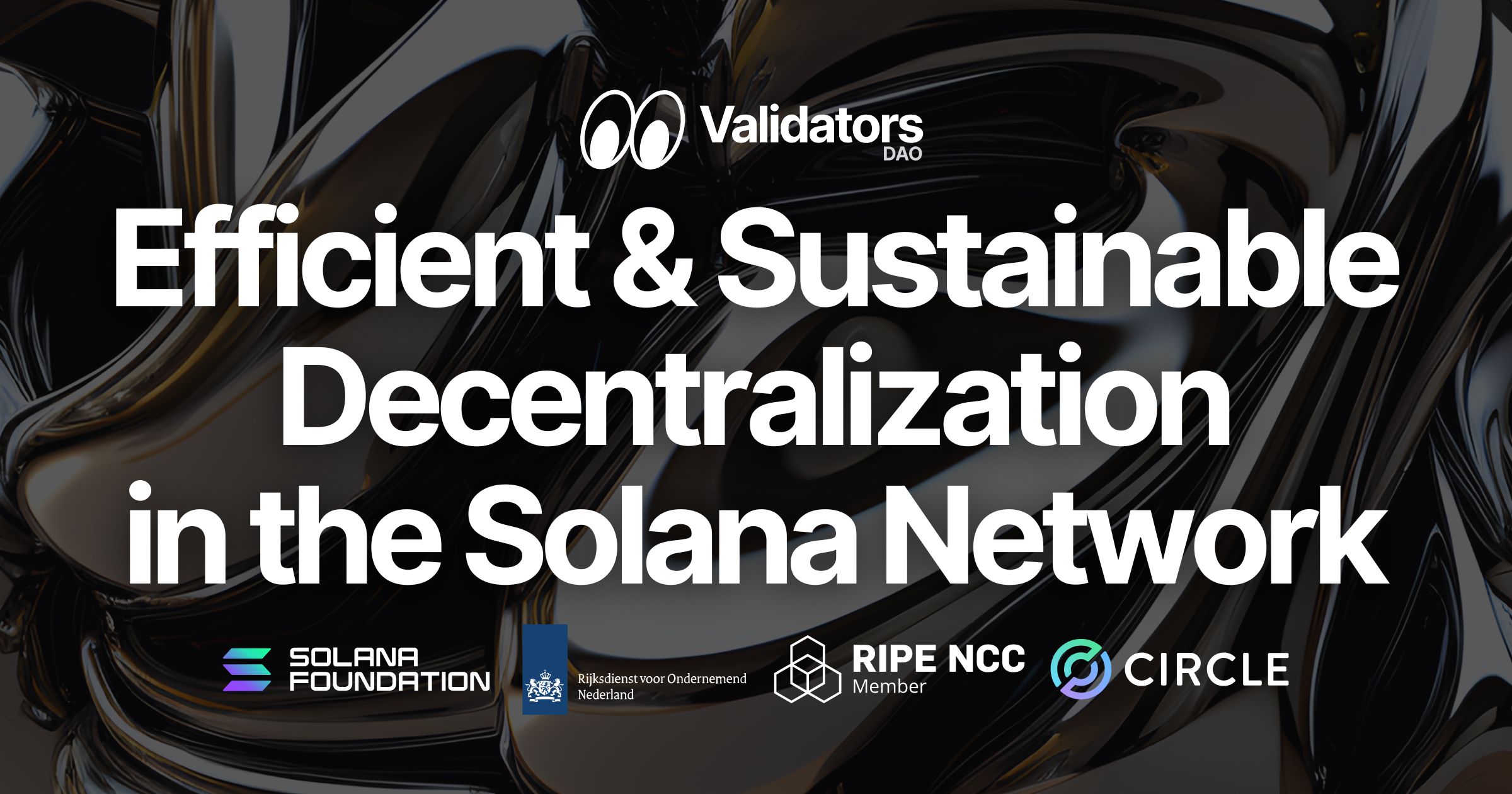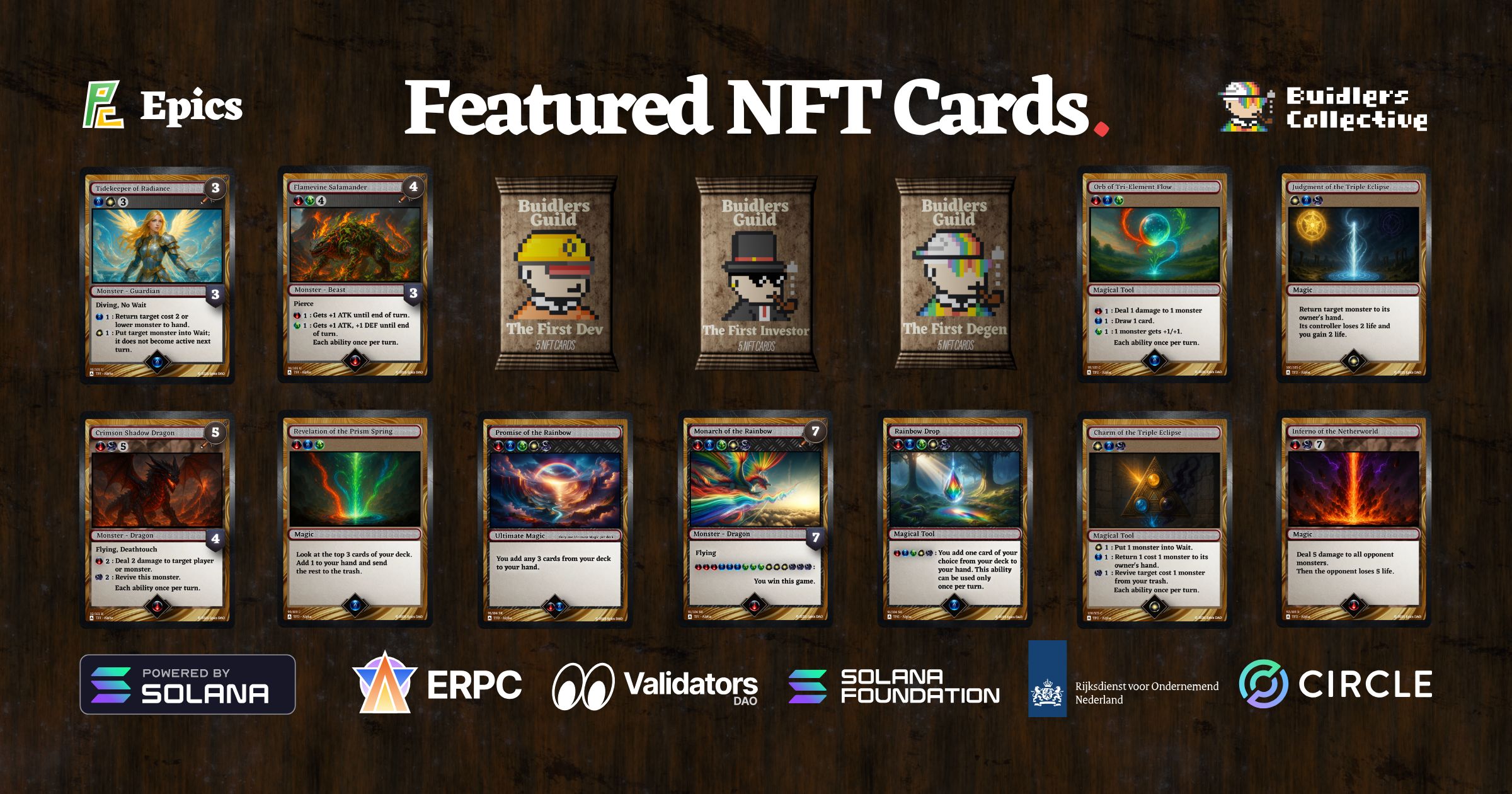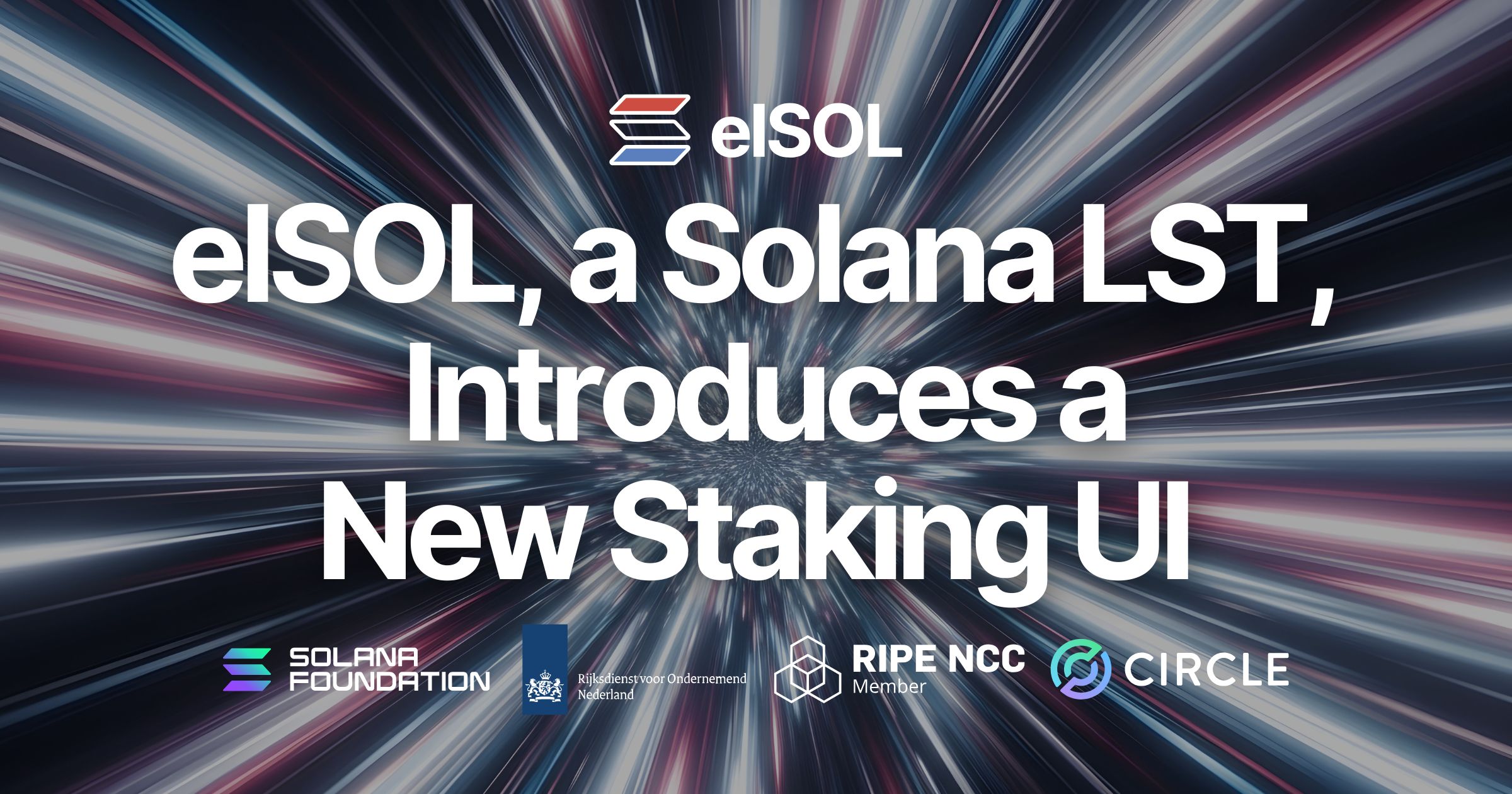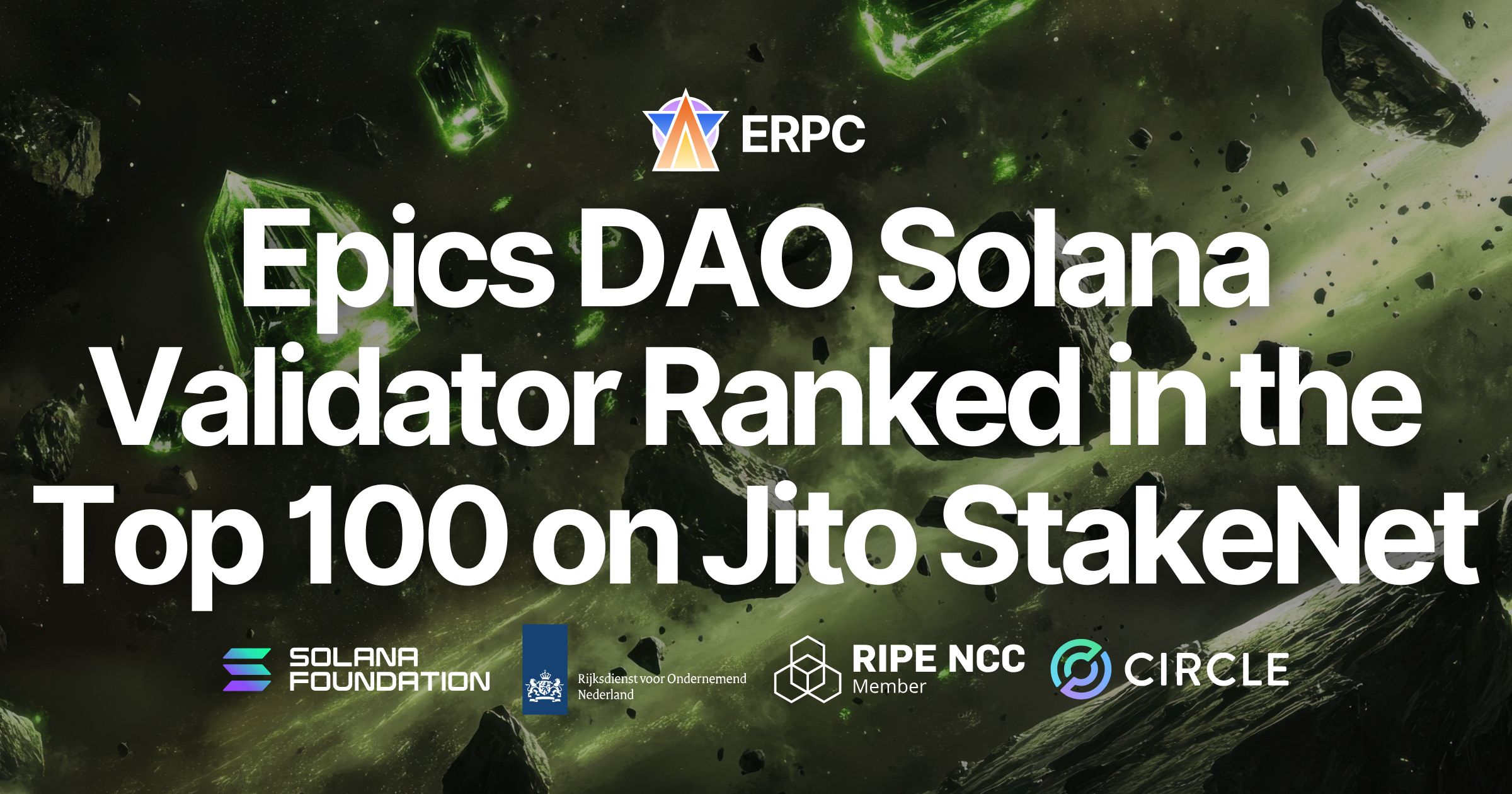Validators DAO Releases White Paper Outlining a Framework for Efficiency and Sustainable Decentralization in the Solana Network
Validators DAO Releases White Paper Outlining a Framework for Efficiency and Sustainable Decentralization in the Solana Network

ELSOUL LABO B.V. (Headquarters: Amsterdam, the Netherlands; CEO: Fumitake Kawasaki) and Validators DAO have released the “Validators DAO White Paper,” outlining a comprehensive framework for improving efficiency and ensuring sustainable decentralization within the Solana network.
The white paper integrates three key components—SWQoS (Stake-weighted Quality of Service), SLV (Solana Validator Toolkit), and elSOL (Liquid Staking Token)—into a unified model that addresses Solana’s structural challenges from technological, economic, and incentive perspectives.
Background and Challenges
The Solana network is facing an ongoing decline in validator count and increasing stake concentration, leading to reduced decentralization and operational inefficiency.
Configuring and maintaining SWQoS requires advanced knowledge, and validator restarts often lead to downtime and performance risks. As a result, many nodes fail to properly utilize priority bandwidth.
This imbalance has resulted in underused bandwidth resources while certain nodes experience high traffic concentration. Validators DAO addresses these challenges by combining technical automation with an open economic incentive layer.
Solution: The Three Pillars of Validators DAO
Validators DAO solves Solana’s structural issues through three interconnected systems:
-
SLV (Solana Validator Toolkit)
An open-source toolkit that automates validator and RPC deployment, monitoring, updates, and recovery, significantly reducing operational complexity and supporting technical decentralization. -
SWQoS Market Software
A transparent and standardized marketplace that allows fair trading of bandwidth (SSP: SOL Staking Power) using VLD (Validators DAO Token), replacing closed bilateral contracts between validators and RPC providers. -
elSOL (Liquid Staking Token)
A liquid staking token that redefines stake as a communication resource. Validators return 20% of block rewards to the pool, enabling high-yield staking while promoting active bandwidth utilization.
These three systems operate independently yet complement each other, forming an integrated foundation that enhances Solana’s decentralization and efficiency over the long term.
Economic Model and VLD Token
The economic model of Validators DAO is centered on VLD (Validators DAO Token), which serves as the base currency for SWQoS bandwidth trading.
- Maximum supply: 10,000,000 VLD
- Initial distribution: 15% airdrop, 85% DAO mint
- Mint price: 1 VLD = 0.1 USDC (fixed)
VLD is used to buy and sell SSP (SOL Staking Power) on the SWQoS market. The DAO mint price provides a stable benchmark for the market. When demand increases and the price rises, new minting expands supply to prevent excessive appreciation. During low-demand phases, minting halts, allowing market-based price discovery.
USDC collected through DAO minting is added to the VLD–USDC liquidity pool, strengthening market liquidity and execution stability.
Through this design, bandwidth demand and supply across the Solana network achieve autonomous equilibrium, and VLD becomes a stable economic foundation that accurately reflects the real cost of bandwidth.
Operation and Automation
Trading and reward distribution on the SWQoS market are fully automated on-chain.
Once an SSP trade is executed, payments in VLD are streamed in real time, ensuring fair compensation based on actual usage.
Once an SSP trade is executed, payments in VLD are streamed in real time, ensuring fair compensation based on actual usage.
Validators DAO also operates dedicated monitoring and control software that supervises payment flows, stake balances, and operational status, automatically halting transactions and issuing alerts when irregularities occur.
Reward calculations and transfers are performed per epoch, and all operational logic is subject to third-party audits to ensure transparency and reliability.
Future Development
In the first half of 2026, Validators DAO will launch the beta version of the SWQoS market to test bandwidth trading, reward distribution, and real-time streaming functions under real-world conditions.
In the second half of 2026, the DAO will conduct a Token Generation Event (TGE) to formally issue VLD and enable full-scale integration with elSOL.
This framework aims to enhance the Solana network’s communication efficiency, decentralization, and economic sustainability, building a robust infrastructure ecosystem for long-term growth.
Addressing Core Network Challenges with elSOL, ERPC, and Validators DAO
- Transaction failures and latency fluctuations in RPC environments
- Performance limitations imposed by many infrastructure providers
- Significant impact of physical network distance on communication quality
- Limited access to high-performance infrastructure for smaller projects
During the development of Epics DAO, an open-source Solana NFT card game project supporting Web3 builders, we identified the lack of accessible high-performance Solana infrastructure as a key obstacle.
To address this, we built our own infrastructure base, which now powers ERPC, SLV, and elSOL.
To address this, we built our own infrastructure base, which now powers ERPC, SLV, and elSOL.
By making high-performance Solana communication infrastructure available to everyone, we aim to advance both the developer and user experience across the entire ecosystem.
- Validators DAO White Paper: https://storage.validators.solutions/ValidatorsDAOWhitePaperEN.pdf
- elSOL White Paper v3: https://storage.elsol.app/elSOLWhitePaperEN.pdf
- ERPC Official Website: https://erpc.global
- SLV Official Website: https://slv.dev
- elSOL Official Website: https://elsol.app
- Epics DAO Official Website: https://epics.dev
- Validators DAO Discord: https://discord.gg/C7ZQSrCkYR
This article does not constitute financial advice. NFA / DYOR (Not Financial Advice / Do Your Own Research) is encouraged.




